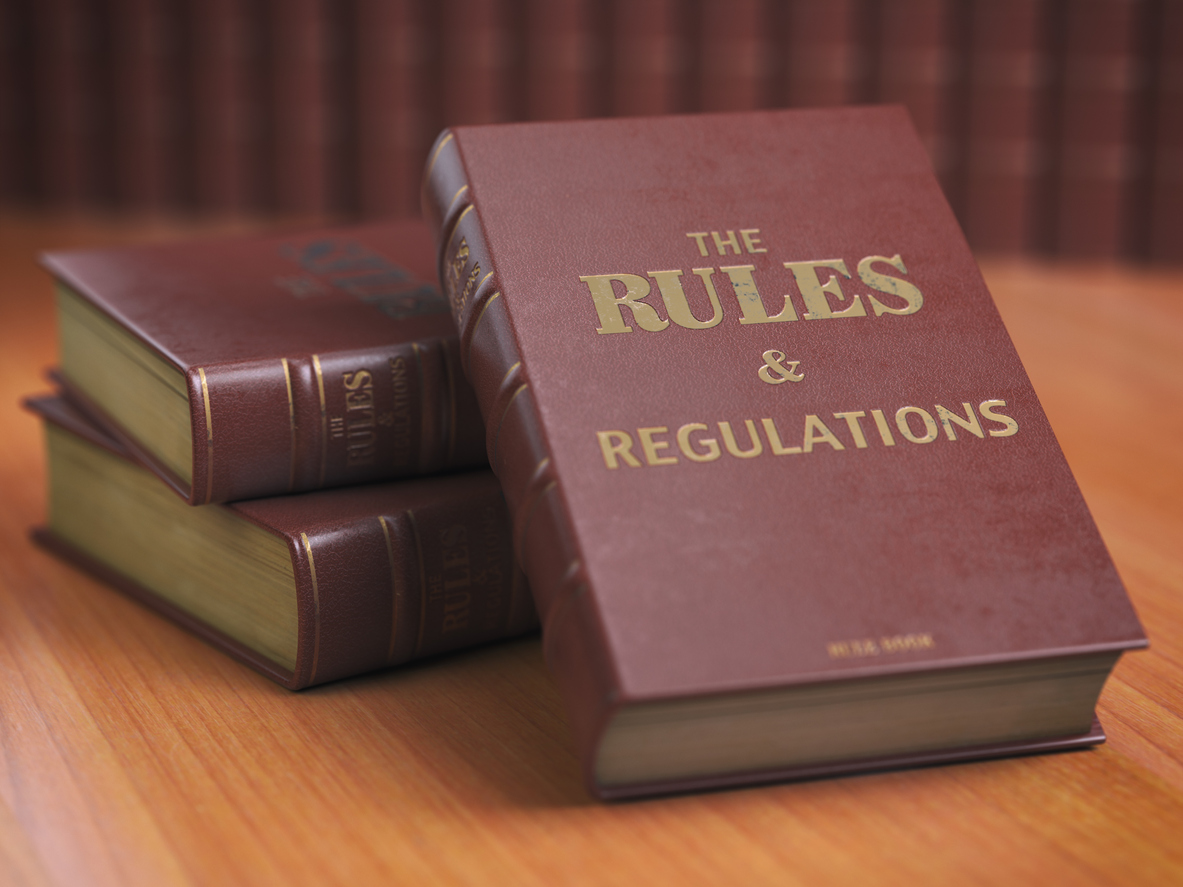We’ve all heard some iteration of the phrase, “knowledge is power.” No matter what source you attribute the quote, its application in the first-party insurance context holds true. One of the most impactful, if not the most impactful course of action a policyholder or policyholder advocate can take to add value to a claim is knowing and enforcing your legal rights. To be clear, to “add value” means to maximize payment of policy benefits owed in the most efficient manner possible, and to “enforce” means to speak up when you are being treated to the contrary, or at the onset of a claim to remind an insurer of its obligations to you. While it is important to know your rights when dealing with in-state insurance adjusters, out-of-state adjusters may pose a higher risk of being unfamiliar with your state’s rules and guidelines, especially following widespread and catastrophic disasters such as wildfires and hurricanes.
California has a robust Insurance Code and Regulations that should be read in conjunction with your property insurance policy. While the regulation discussed below is specific to California, I implore you to seek out your own state’s insurance statutes and regulations for similar protections. This is a worthwhile investment of time that will pay dividends during the claim handling process. If you don’t know where to begin, I recommend searching Merlin’s Law Blog and visiting www.uphelp.org. There, you can find useful state-by-state articles to point you in the right direction, and links to navigate you to your local insurance department’s resources.
The regulation highlighted today is 10 C.C.R. 2695.9, “Additional Standards Applicable to First Party Residential and Commercial Property Insurance Policies.” This section falls within the Fair Claims Settlement Practices Regulations. The following are excerpted sections of the regulation that can add value on any claim:
§ 2695.9
(a) When a residential or commercial property insurance policy provides for the adjustment and settlement of first party losses based on replacement cost, the following standards apply:
(1) When a loss requires repair or replacement of an item or part, any consequential physical damage incurred in making the repair or replacement not otherwise excluded by the policy shall be included in the loss. The insured shall not have to pay for depreciation nor any other cost except for the applicable deductible.
(2) When a loss requires replacement of items and the replaced items do not match in quality, color or size, the insurer shall replace all items in the damaged area so as to conform to a reasonably uniform appearance.
Simplified: For replacement cost policies, you are owed for (1) damage that results from and during the repairs themselves without a deduction for depreciation, and (2) replacement of items to conform to a reasonably uniform appearance (i.e., cabinets or siding that cannot be matched).
§ 2695.9
(b) No insurer shall require that the insured have the property repaired by a specific individual or entity.
(c) No insurer shall suggest or recommend that the insured have the property repaired by a specific individual or entity unless:
(1) the referral is expressly requested by the claimant; or
(2) the claimant has been informed in writing of the right to select a repair individual or entity and, if the claimant accepts the suggestion or recommendation, the insurer shall cause the damaged property to be restored to no less than its condition prior to the loss and repaired in a manner which meets accepted trade standards for good and workmanlike construction at no additional cost to the claimant other than as stated in the policy or as otherwise allowed by these regulations.
Simplified: An insured has the right to chose who will repair their property and an insurer may not refer a specific entity unless it is specifically requested by the insured or the insured is informed in writing of their right to select their own entity and that, if an insurer recommendation is used, the property will be restored to at least its pre-loss condition.
§ 2695.9
(d) If losses are settled on the basis of a written scope and/or estimate prepared by or for the insurer, the insurer shall supply the claimant with a copy of each document upon which the settlement is based. The estimate prepared by or for the insurer shall be in accordance with applicable policy provisions, of an amount which will restore the damaged property to no less than its condition prior to the loss and which will allow for repairs to be made in a manner which meets accepted trade standards for good and workmanlike construction. The insurer shall take reasonable steps to verify that the repair or rebuilding costs utilized by the insurer or its claims agents are accurate and representative of costs in the local market area. If the claimant subsequently contends, based upon a written estimate which the claimant obtains, that necessary repairs will exceed the written estimate prepared by or for the insurer, the insurer shall:
(1) pay the difference between its written estimate and a higher estimate obtained by the claimant; or,
(2) if requested by the claimant, promptly provide the claimant with the name of at least one repair individual or entity that will make the repairs for the amount of the written estimate. The insurer shall cause the damaged property to be restored to no less than its condition prior to the loss and which will allow for repairs in a manner which meets accepted trade standards for good and workmanlike construction at no additional cost to the claimant other than as stated in the policy or as otherwise allowed by these regulations; or,
(3) reasonably adjust any written estimates prepared by the repair individual or entity of the insured’s choice and provide a copy of the adjusted estimate to the claimant.
Simplified: If a written scope or estimate is used to settle the loss, the insured is entitled to all documents in which a settlement is based. If the insured submits a written estimate that exceeds the scope of repairs prepared by the insurer, the insurer has three options: (1) pay the difference in estimate, (2) if requested, supply the insured with a repair individual that will make the repairs for the stated amount, or (3) reasonably adjust its written estimate.
§ 2695.9
(f) When the amount claimed is adjusted because of betterment, depreciation, or salvage, all justification for the adjustment shall be contained in the claim file. Any adjustments shall be discernable, measurable, itemized, and specified as to dollar amount, and shall accurately reflect the value of the betterment, depreciation, or salvage. Any adjustments for betterment or depreciation shall reflect a measurable difference in market value attributable to the condition and age of the property and apply only to property normally subject to repair and replacement during the useful life of the property. The basis for any adjustment shall be fully explained to the claimant in writing.
(1) Under a policy, subject to California Insurance Code Section 2071, where the insurer is required to pay the expense of repairing, rebuilding or replacing the property destroyed or damaged with other of like kind and quality, the measure of recovery is determined by the actual cash value of the damaged or destroyed property, as set forth in California Insurance Code Section 2051. Except for the intrinsic labor costs that are included in the cost of manufactured materials or goods, the expense of labor necessary to repair, rebuild or replace covered property is not a component of physical depreciation and shall not be subject to depreciation or betterment.
Simplified: For any adjustment to the claim that is made because of betterment, depreciation, or salvage, all justification must be quantifiable, reflective of market value, explained to the claimant in writing, and kept in the claim file. For fire insurance policies, labor necessary to repair, rebuild, or replace is not subject to depreciation or betterment.
Reminding an insurer of the above obligations and practices may assist your claim move forward and help avoid further dispute. These regulations were promulgated, in part, to create certain minimum standards which, when violated knowingly on a single occasion or performed with such frequency as to indicate a general business practice, constitute an unfair claims settlement practice.
For the full text of regulations under Subchapter 7.5 Article 1 “Fair Claims Settlement Practices Regulations” click here.




